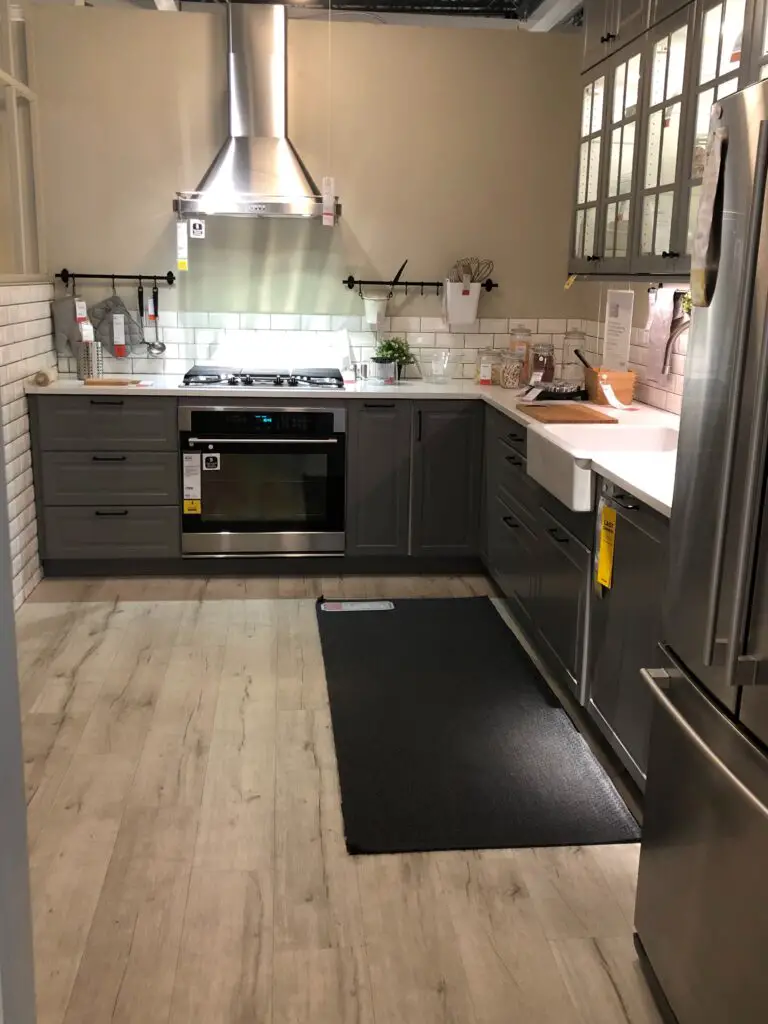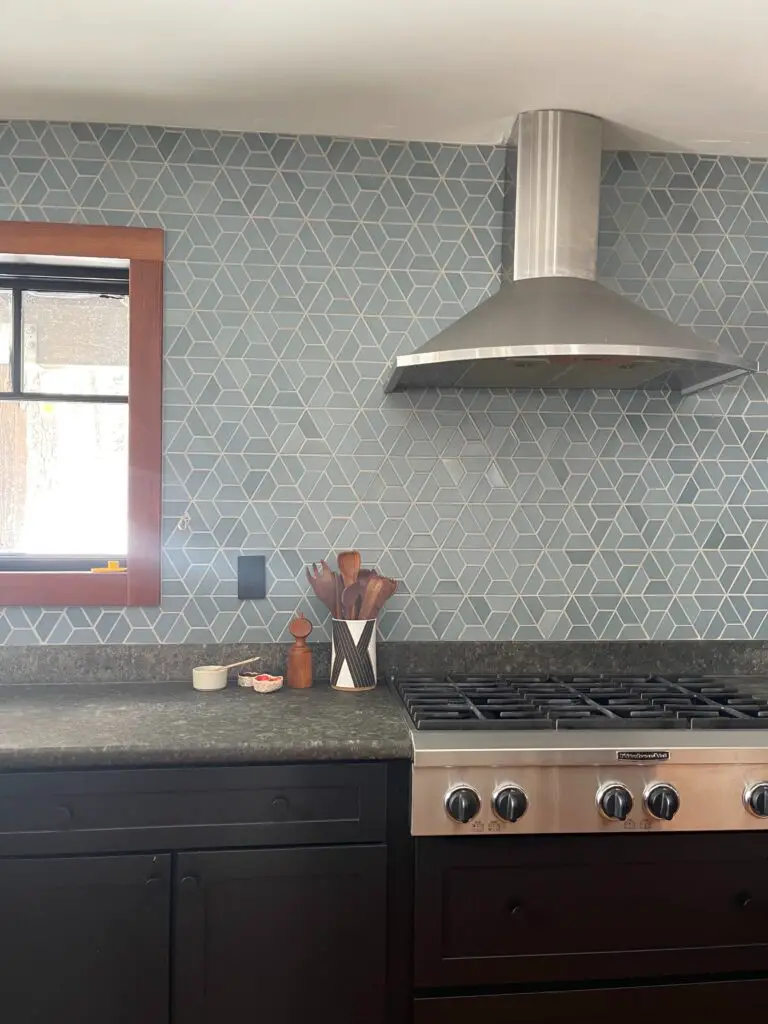Time to choose a contractor? Think about how much involvement you would like in a home renovation before you begin. The answer to this question will help you choose a contractor. The less involvement you have, the more you’ll have to pay in labor, project management fees, and product costs.
The more involved you are, the more money you’ll save in exchange for your efforts. Many projects require extensive involvement from a contractor, while others can easily be done by a savvy homeowner willing to do some work.
Contents
What You Need to Know to Choose a Contractor
Let’s define some terms first. A contractor is someone who does the work for you or coordinates other people to do the work. If you hire a contractor, they may either perform specific tasks for you or coordinate every step of your project, including all finishes.
“Finishes” are everything you can see or touch in your home. This includes kitchen cabinets and countertops, flooring, lighting, faucets, sinks, and doorknobs.
When you hire a contractor for the whole job, you’ll get a giant bid for the entire thing, including all finishes. When comparing quotes, ask how much money is allocated to finishes. In cases where labor costs are similar, you probably don’t want to pick the contractor who spends the least on finishes. It makes their bid look better, but it isn’t a better deal to be stuck with cabinets that will look worn out within a few years.

Two Types of Contractors
The first type of contractor is a larger company with many subcontractors and a project manager. The contractor ensures everything gets done on time during the entire project. Your experience will be smoother if they handle problems before you are even aware of them. For large structural projects, this is usually the best option.
However, all that handholding comes at a price. If you have the budget for it (and you probably should if you are undertaking a major renovation), it’s the way to go.
The second type of contractor is a one-person show. These projects take longer to complete and involve more coordination on behalf of the homeowner.
Many of these single contractors still hire their own subcontractors, such as plumbers, electricians, and painters. While others will just handle your specific projects and allow you to hire the subcontractors yourself. You’ll save a lot of money working with this kind of contractor, allowing you to enjoy nicer finishes in your home (who wants builder-grade?) However, with this option, you may get overwhelmed if you don’t know what you’re doing.
In addition, if you hire the wrong people, you’ll have to handle their problems yourself. It is best to use this method for smaller projects that are not structurally complex.

Contracting is for labor, not finishes
Unless your contractor specifies it, don’t get your finishes from the builder or contractor. Visit the source yourself or work with an interior designer “source” is a kitchen/bath showroom, flooring store, tile store, paint store, or a showroom with a combination of these. You’ll get a higher-quality product for the same price as your contractor will charge, but for a lower-quality product.
You should also be cautious when buying these items online because sometimes you don’t know what you’re getting. Some product lines have a minimum price a business can sell them for.
Kitchen cabinets are like cars. You should get the nicest cabinets you can afford if you plan to use them often.
When you visit a good cabinet store, you can find a range of cabinetry prices, from builder-grade to super-custom. The extra money spent on quality kitchen cabinets will pay off in the long run. In the future, this could save you from having to replace your kitchen if you decide to sell your home. Most contractors and builders use low-quality cabinets.
The same goes for lighting, flooring, tile, and even doorknobs. Contractors will likely install builder-grade products. You should hire a designer if you don’t know how to find or combine finishes.
Choose a contractor who can handle the scope of your project. If it’s a structural or other big project, hire a contractor to handle it all, but only if you can source your own finishes. Use your own workers (electricians, installers, handymen, etc.) on a smaller project so that the money can be spent on nicer finishes.


